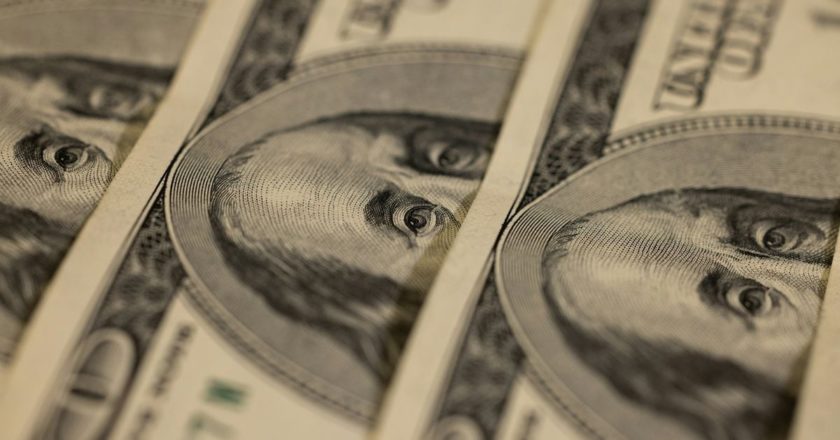In 2021, that blissful ignorance suddenly became impossible. We first saw this with the debate over the infrastructure bill, most importantly in the U.S. Senate, when the impositions of a contentious tax reporting provision for cryptocurrency sales had the ironic effect of demonstrating that crypto had arrived in Washington. The fact that legislators wanted to tax crypto was a sign that it was recognized as a long-term prospect, a reliable source of tax revenue. Just as importantly, the crypto lobby, though ultimately unsuccessful in its bid to force changes to those more draconian parts of the provision, showed its clout on Capitol Hill has grown significantly. It forged a large, bipartisan coalition of lawmakers to support its preferred amendments and showed it will be a force going forward.
5 Ways Money Was Reimagined in 2021




